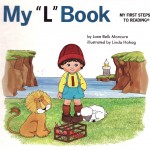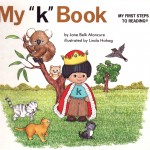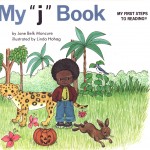 Recently, I read the most amazing article. It was called The Early Catastrophe: The 30 Million Gap. The authors, Hart and Risley, compared the total number of words that children hear at home before they come to school. Of course, their study was based on a small amount of time and the numbers multiplied by hours, days and years but still the numbers are staggering. Children in professional families have had the stimulation of over 45 million words from birth to age 4 as compared to 26 million for those in working class families and only 13 million words for those children in families in the lower economic groups. A gap of 30 million words. A child’s brain responds to stimulation so the difference of 30 million words is astronomic.
Recently, I read the most amazing article. It was called The Early Catastrophe: The 30 Million Gap. The authors, Hart and Risley, compared the total number of words that children hear at home before they come to school. Of course, their study was based on a small amount of time and the numbers multiplied by hours, days and years but still the numbers are staggering. Children in professional families have had the stimulation of over 45 million words from birth to age 4 as compared to 26 million for those in working class families and only 13 million words for those children in families in the lower economic groups. A gap of 30 million words. A child’s brain responds to stimulation so the difference of 30 million words is astronomic.
The letter l, today, is for language. Share lots of words and talk with your little one because it all adds up. Talk about where you are going, what you are doing, seeing, hearing, etc. Ask some what ifs, what if it was so hot the bus melted like chocolate, what if buildings went down instead of up, what if all the colors could talk what would they say. Wrap your day with language. It’s a treasure of immense worth for your child.


